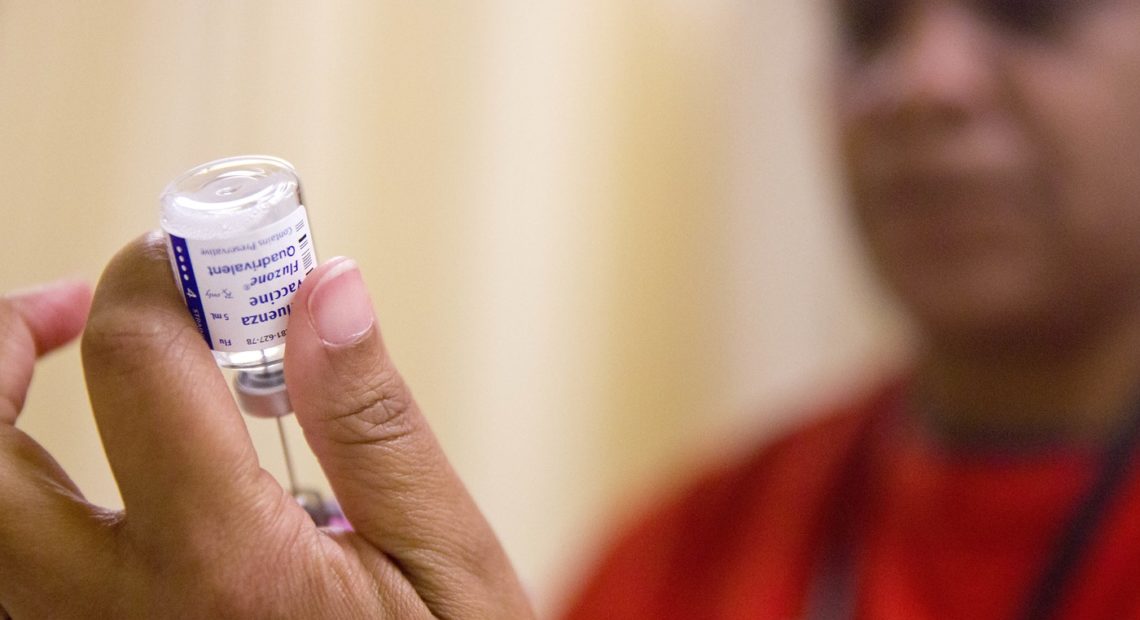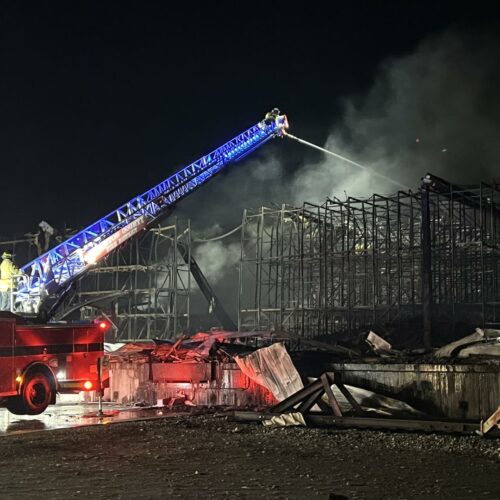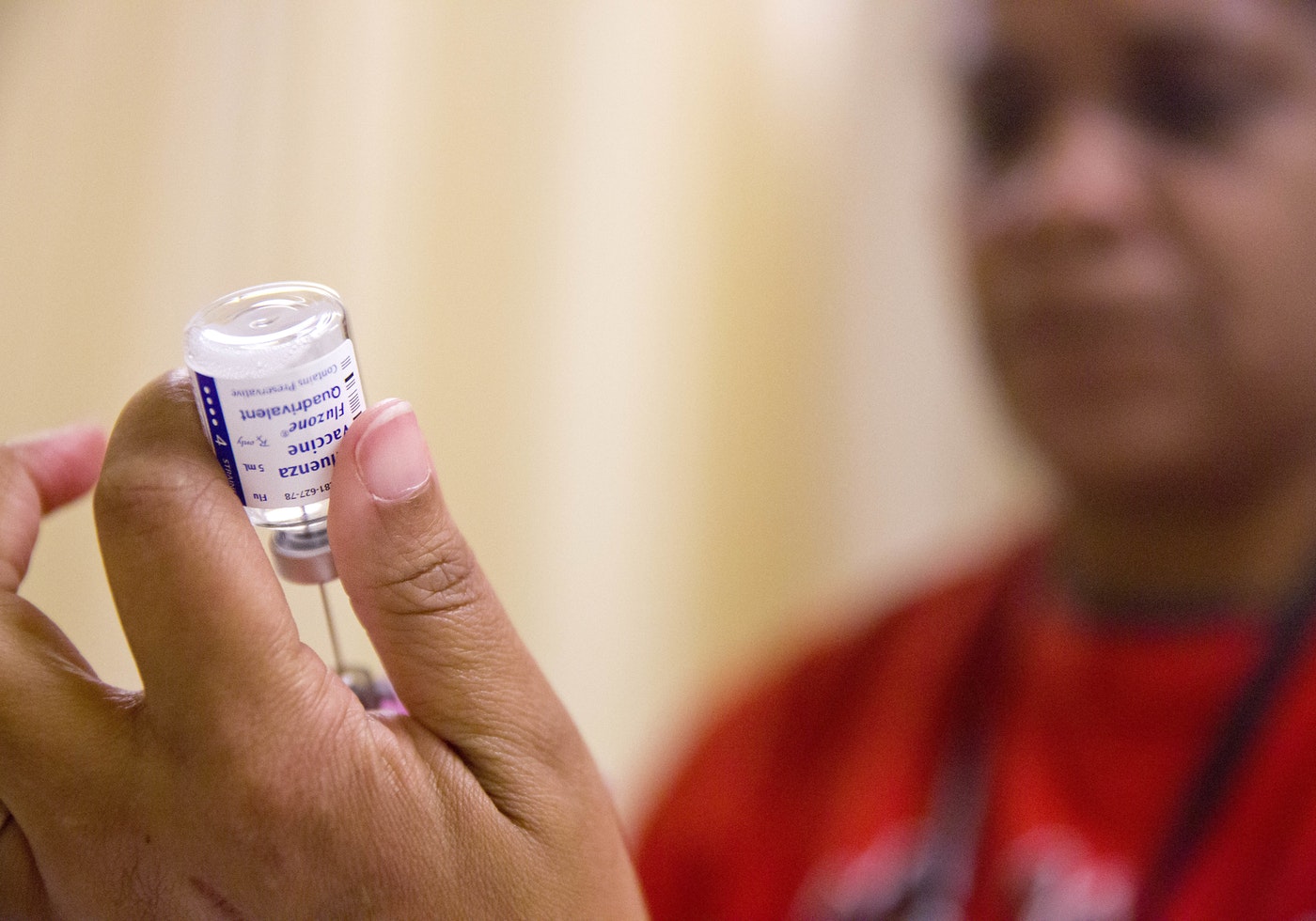
Plague Practice: Washington State Prepares For The Worst
read on
If there’s a disease outbreak in Washington state, health officials want to be prepared.
This week, the state’s Department of Health is hosting a statewide drill to practice sending out medicine as quickly as possible.
The simulation: the plague has spread across Washington.
The Department of Health, Washington State Military Department and other partners will use planes and trucks to distribute faux medication to every county. Their goal is to disperse medications within 48 hours, as if it were a real emergency. Local pharmacies and health offices will accept the supplies and prepare as if they’d distribute them to patients.
“The plague outbreak is just one potential scenario of a bio-terrorism incident that we might encounter if someone was intentionally releasing the bacteria in our communities,” said John Wiesman, secretary of health for Washington state.
Wiesman said that scenario is unlikely, but will help the state develop rapid response skills.
“Frankly it’s a good test for other issues as well, if we had a pandemic flu for example, and we needed to get out antiviral medications, or if we had to get vaccines out to people. It could even be like wildfires where we have to get respirators out.”
The drill will cost the state about $66,000, according to DOH.
Wiesman says it’s a worthy investment, because they’d rather find problems in their distribution system now, rather than when they’re trying to get disease treatment to people.
Copyright 2019 KUOW
Related Stories:

Washington state reports 7-year peak in influenza-related deaths
The Washington state Department of Health reported on March 20th that influenza activity reached its highest levels in seven years, with the most flu-related deaths since the 2017-2018 flu season.

Finley residents hire attorneys to investigate cold storage warehouse fire
Fire crews spray water on rubble at the Lineage Logistics fire in Finley, Wash. The fire started on April 21. (Credit: Benton County Fire District #1) Listen (Runtime 1:06) Read

Residency program helps physicians understand Spanish-speaking patients
A health residency program in central Washington aims to make primary care more accessible for rural Hispanic and Latino/x/e communities.
















